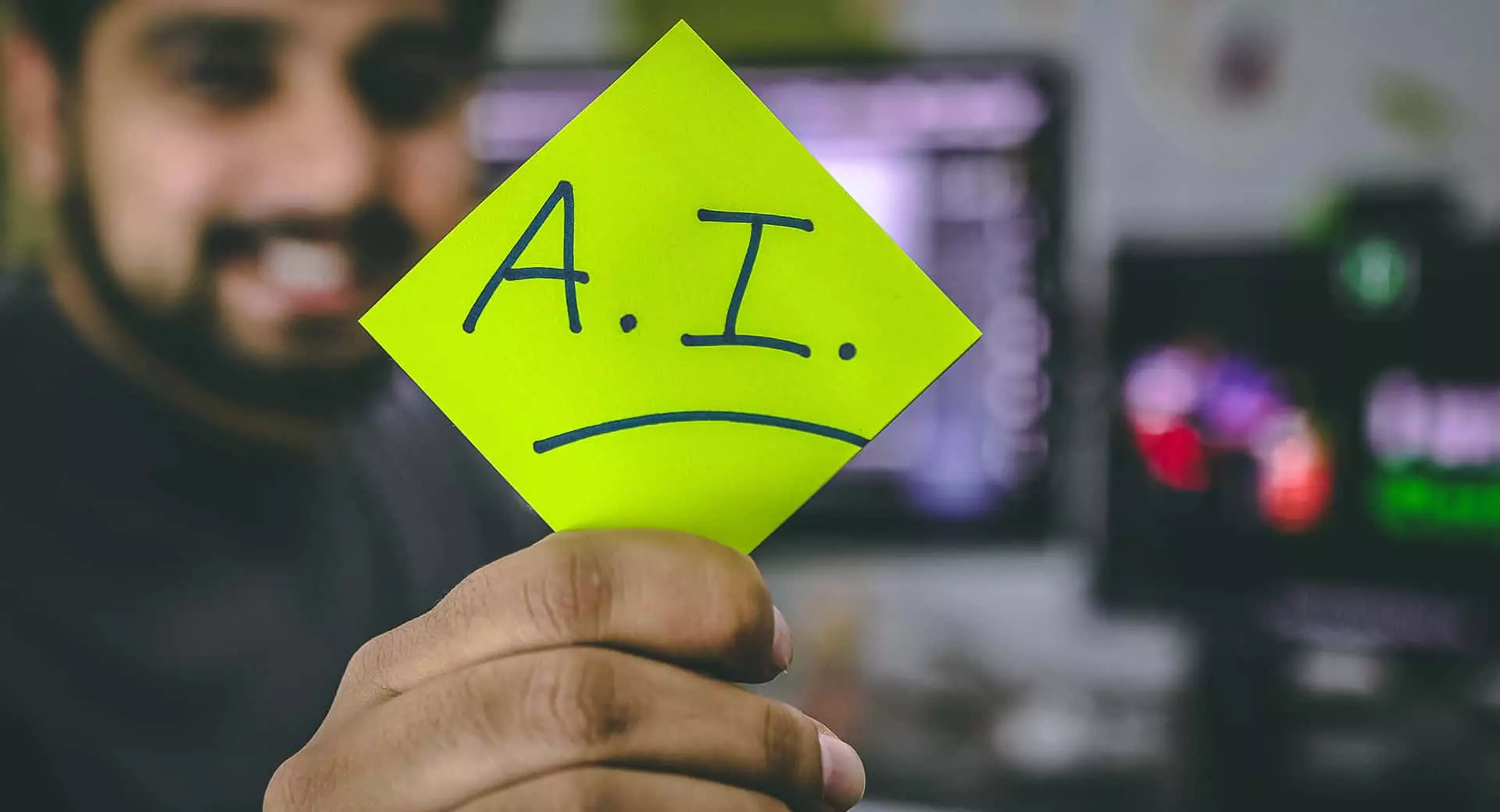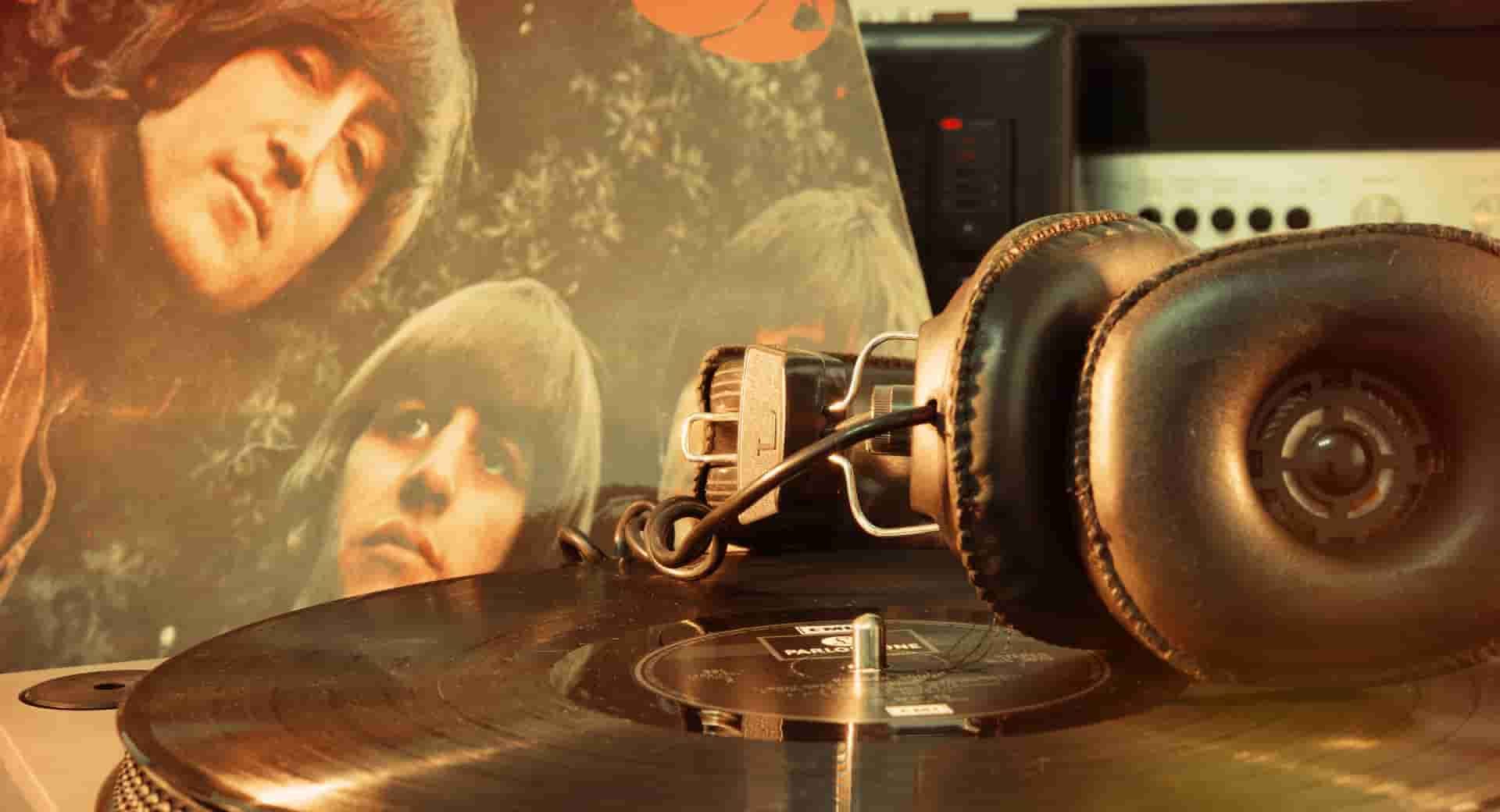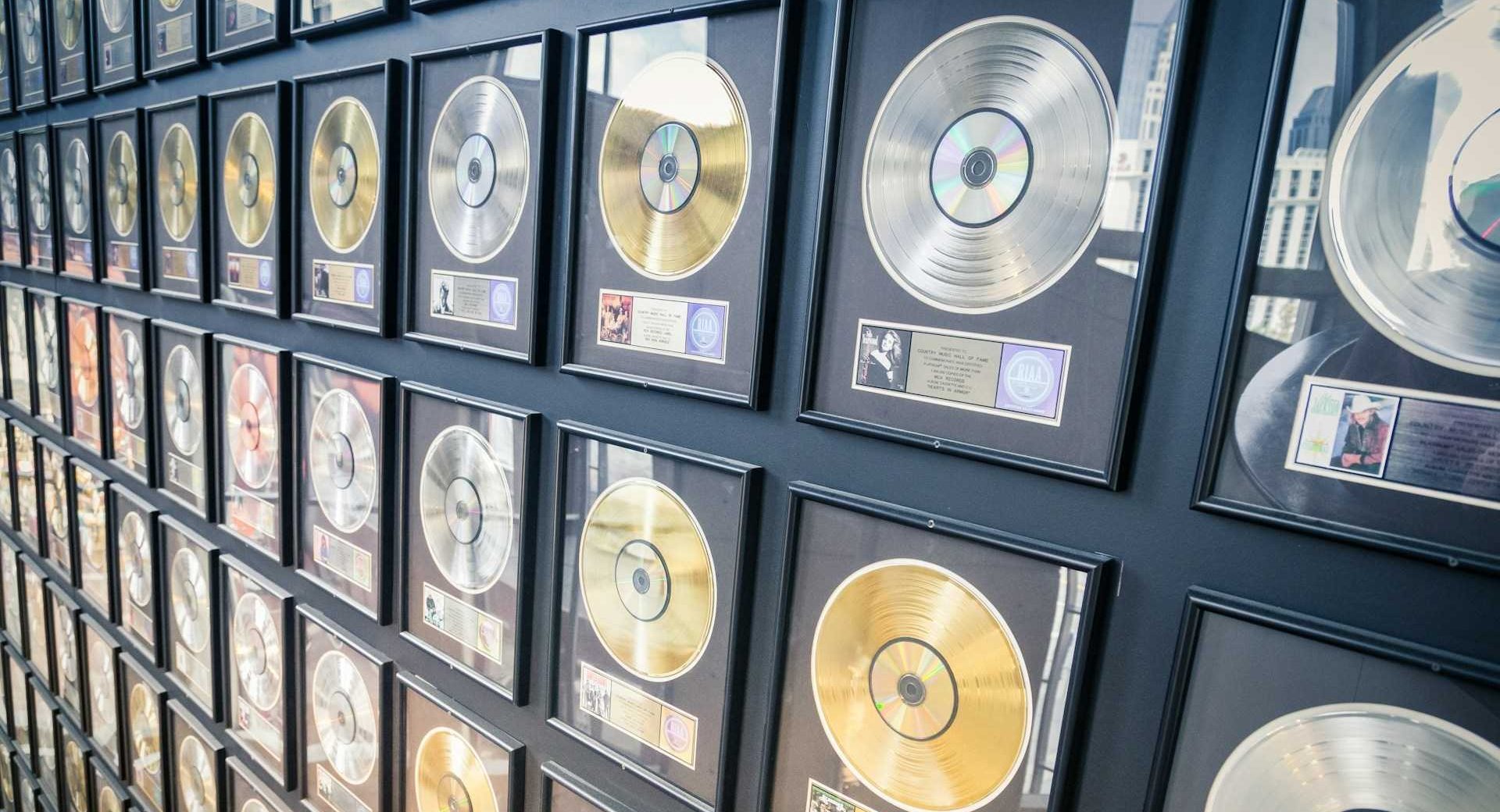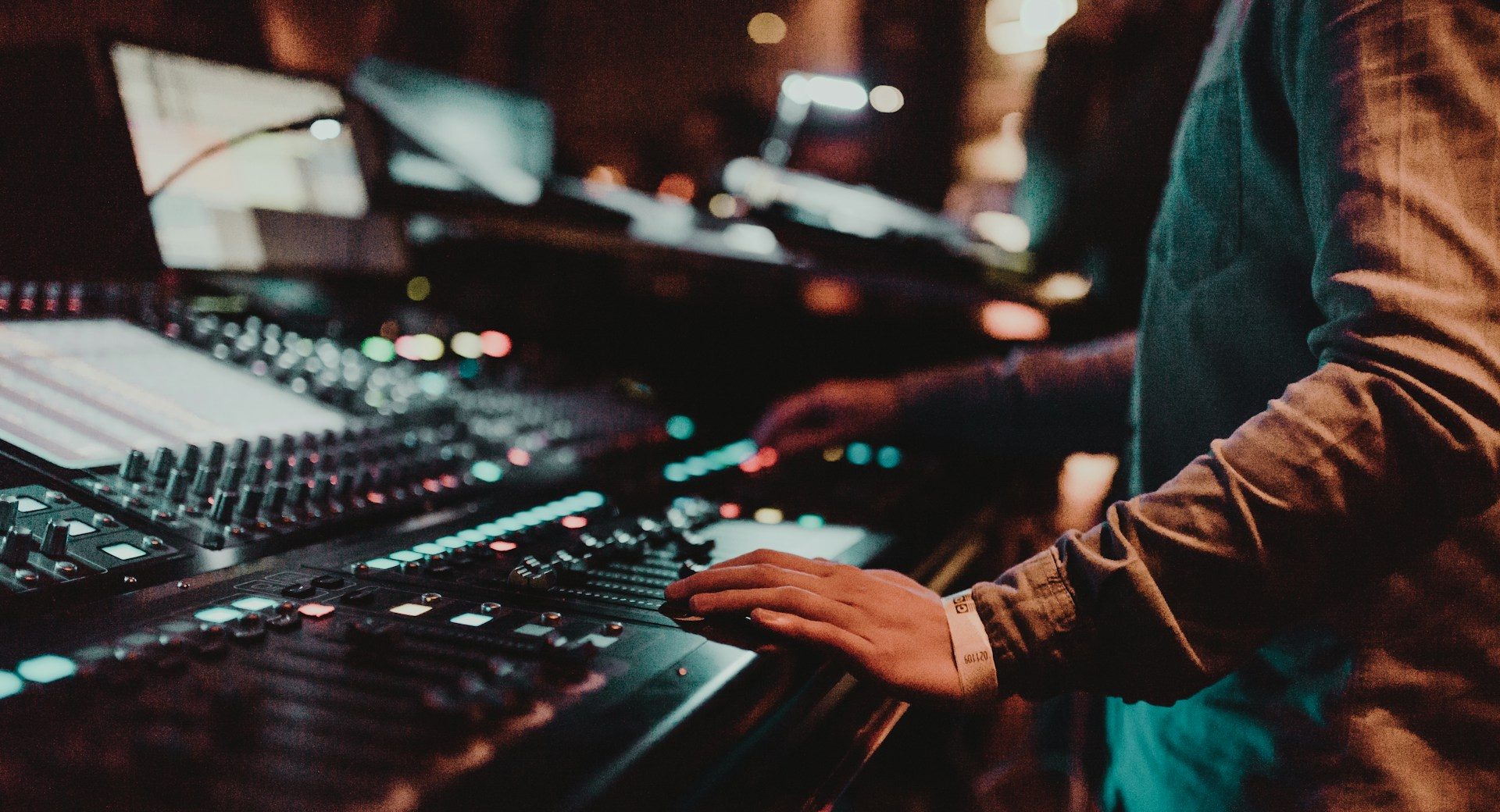Damien Riehl and his partner Noah Rubin seem to think so. Damien Riehl is an attorney and self-described musician/songwriter and Noah Rubin is a programmer and self-described musician/songwriter. They created a program and an algorithm that they claim has written every melody possible.
They further claim that since they put this vast amount of information in tangible form on a device, they are entitled to an automatic copyright according to copyright law. They are correct in this instance. According to copyright law, when you write a song and put it into a tangible form you have an automatic copyright. What they are overlooking and I am surprised because Damien is an attorney, is that the reason you file for a US Copyright or register with a song protection service like Songuard is to prove and verify the date of creation. It is this third-party proof of the date of creation that protects your copyright and is essential evidence in an infringement lawsuit.
Whether a song or melody written by artificial intelligence is entitled to copyright protection has not yet been decided in the courts. Even should the courts decide that AI qualifies, without impeccable third-party proof of the date of creation, a copyright would not be protected. In the case of Mr. Riehl and Mr. Rubin’s copyright claims it is a moot point since they have chosen to assign their copyrights to the Public Domain which means anyone can use them without cost or permission. They formed a company named All The Music that offers all of the melodies created by their program, free to the public. Their stated purpose in doing so is to discourage the growing number of infringement lawsuits, by giving songwriters melodies that are already in the Public Domain. In addition to this, it is Damien Riehl’s personal belief that songwriters should not be able to copyright melodies, only lyrics.
In my opinion even if Riehl and Rubin have good intentions, songwriters should be very careful. What if you use a melody from Riehl’s program that has already been written and copyrighted by someone? In that case their Public Domain status is not going to hold any water. Another thing that bothers me is if all of these programmed melodies are offered to the public, does that mean that anyone can become a songwriter? I don’t think so. I am also of the opinion that if and when a court of law has to decide if a song or melody written by artificial intelligence is entitled to copyright protection, the ruling will be no.
Lastly, it is common knowledge that not everyone can write songs. I am a songwriter and I believe that songwriting is a God-given talent that you either have or you don’t. I would like to think that a computer program cannot compete with the heart and soul of a songwriter. A great song or melody that is written by a human being, has an emotional ingredient that I do not believe a computer program is capable of. I hope I’m right but these are crazy times.
Photo by Hitesh Choudhary on Unsplash







